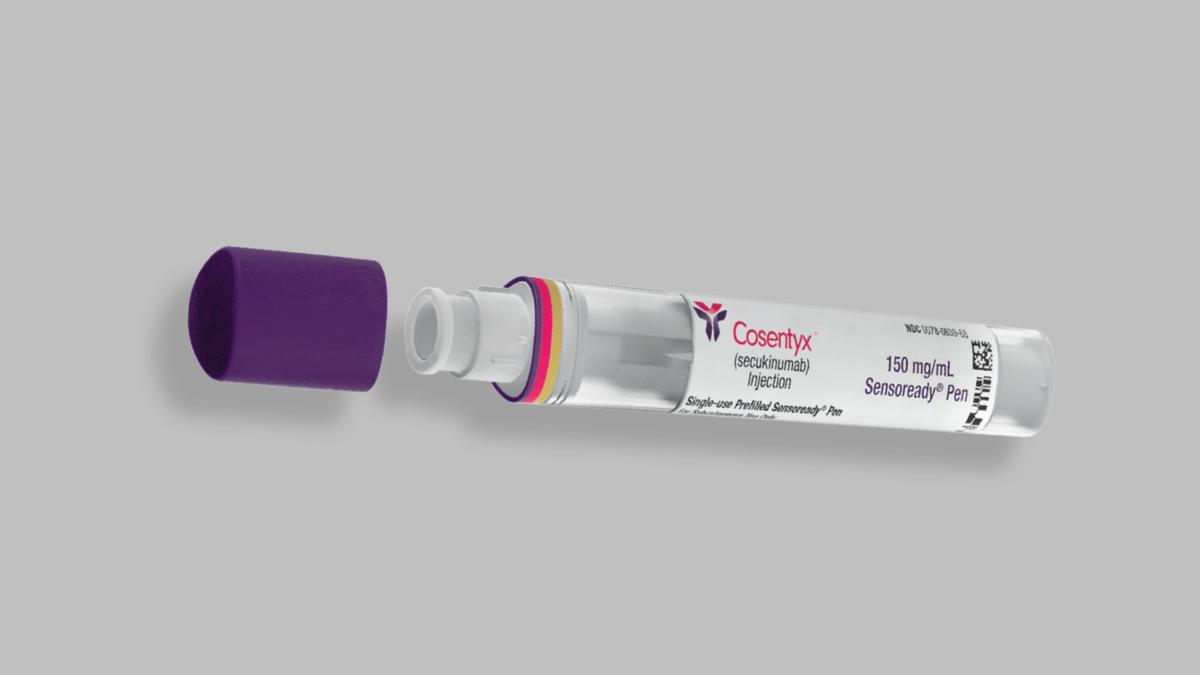Novartis drug flunks phase 3 test in giant cell arteritis

Novartis' blockbuster immunology drug Cosentyx has disappointed in a phase 3 trial involving patients with giant cell arteritis (GCA), a debilitating autoimmune disease affecting the arteries.
In the GCAptAIN study, anti-IL-17 antibody Cosentyx (secukinumab) was unable to deliver sustained remission in adults with newly diagnosed or relapsing GCA after a year of follow-up, dashing hopes of a new biologic therapy for the disease.
GCA is caused by inflammation of large and medium-sized arteries, most often in the head, but also in the aorta and its branches. It can cause headache, jaw pain, stroke, and changes in vision, including abrupt sight loss, and affects around 20 people per 100,000 per year. While most common in white women aged over 50, men with the disease are more likely to develop visual symptoms.
For many years, treatment for GCA consisted of high doses of oral steroids, which play a role as an effective emergency treatment option for acute vision loss, but often cannot maintain long-term disease control and have serious side effects.
In GCAptAIN, two doses of Cosentyx (300mg and 150mg given once a month) was compared to placebo in combination with a tapering corticosteroid regimen in the hope of weaning patients off steroids without compromising efficacy.
According to Novartis, Cosentyx did not demonstrate a statistically significant improvement in sustained remission at week 52 compared to placebo, and also missed a series of secondary endpoints, including the cumulative steroid dose over a year.
There were trends towards better outcomes with Cosentyx compared to placebo for cumulative steroid dose and steroid-related toxicity, but the results are unlikely to warrant additional testing of the drug in GCA.
While disappointing for patients and their healthcare providers, it's worth noting that therapies other than steroids are already approved by the FDA for GCA.
In 2017, Roche's anti-IL-6 antibody Actemra (tocilizumab) was approved for adults with GCA as a once-weekly injectable option, in combination with steroids, based on the results of the phase 3 GiACTA study.
Moreover, earlier this year, AbbVie's Rinvoq (upadacitinib) was cleared in the US as the first oral targeted treatment for the disorder based on results of the SELECT-GCA trial, which backed the efficacy of the JAK inhibitor in allowing patients to taper their steroid use.
Cosentyx has been on the market for a decade, with a long list of indications that includes psoriasis, psoriatic arthritis, and ankylosing spondylitis and has turned the drug into a $6 billion-plus product and Novartis' second-biggest brand behind heart failure treatment Entresto (valsartan/sacubitril). Novartis has said it expects to have patent protection for the drug until 2032 in the US and 2031 in Europe.












